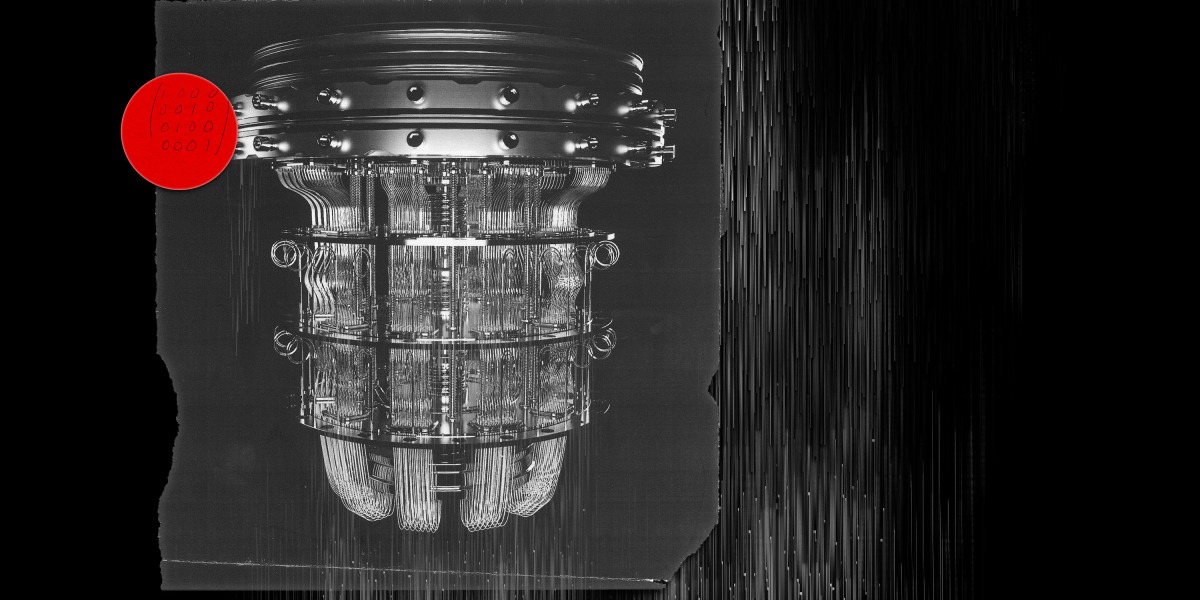
As if to emphasize how much researchers want to get off the hype train, IBM is expected to announce a processor in 2023 that bucks the trend of putting ever more quantum bits, or “qubits,” into play. Qubits, the processing units of quantum computers, can be built from a variety of technologies, including superconducting circuitry, trapped ions, and photons, the quantum particles of light.
IBM has long pursued superconducting qubits, and over the years the company has been making steady progress in increasing the number it can pack on a chip. In 2021, for example, IBM unveiled one with a record-breaking 127 of them. In November, it debuted its 433-qubit Osprey processor, and the company aims to release a 1,121-qubit processor called Condor in 2023.
But this year IBM is also expected to debut its Heron processor, which will have just 133 qubits. It might look like a backwards step, but as the company is keen to point out, Heron’s qubits will be of the highest quality. And, crucially, each chip will be able to connect directly to other Heron processors, heralding a shift from single quantum computing chips toward “modular” quantum computers built from multiple processors connected together—a move that is expected to help quantum computers scale up significantly.
Heron is a signal of larger shifts in the quantum computing industry. Thanks to some recent breakthroughs, aggressive roadmapping, and high levels of funding, we may see general-purpose quantum computers earlier than many would have anticipated just a few years ago, some experts suggest. “Overall, things are certainly progressing at a rapid pace,” says Michele Mosca, deputy director of the Institute for Quantum Computing at the University of Waterloo.
Here are a few areas where experts expect to see progress.
Stringing quantum computers together
IBM’s Heron project is just a first step into the world of modular quantum computing. The chips will be connected with conventional electronics, so they will not be able to maintain the “quantumness” of information as it moves from processor to processor. But the hope is that such chips, ultimately linked together with quantum-friendly fiber-optic or microwave connections, will open the path toward distributed, large-scale quantum computers with as many as a million connected qubits. That may be how many are needed to run useful, error-corrected quantum algorithms. “We need technologies that scale both in size and in cost, so modularity is key,” says Jerry Chow, director at IBM Quantum Hardware System Development.
